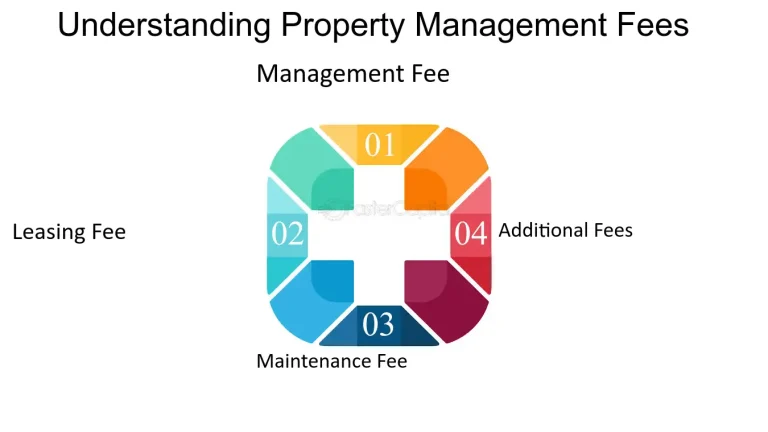Essential Guide to I9 Compliance: Key Insights for HR Professionals
I9 compliance is a fundamental aspect of human resource management in the United States. This process involves verifying an employee’s identity and legal authorization to work in the country. Given its legal implications, HR professionals need to approach I9 compliance with diligence and accuracy.
This article serves as a comprehensive guide, shedding light on various facets of the process, from understanding its legal background to implementing best practices. It aims to equip HR professionals with the knowledge and skills necessary to handle I9 compliance effectively, ensuring their organizations adhere to federal requirements.
Legal Foundations of I-9 Compliance
The I9 compliance process is rooted in the Immigration Reform and Control Act of 1986. This legislation was enacted to curb illegal immigration by preventing the employment of individuals not legally authorized to work in the U.S. It requires employers to verify the identity and employment eligibility of all employees, both citizens and non-citizens.
For HR professionals, understanding these legal foundations is crucial. It involves knowing the law and staying updated with any changes or amendments. Non-compliance can lead to serious legal consequences, including fines and sanctions, making legal knowledge an indispensable part of effective HR management.
The I-9 Form:
A Deep Dive At the heart of I9 compliance is the I9 form itself. This document, issued by the U.S. Citizenship and Immigration Services (USCIS), is a mandatory requirement for all U.S. employers. The form is divided into sections, with the employee filling out the first part and the employer completing the second part.
Employers are responsible for ensuring the form is filled out correctly and that the employee’s documents are valid and authentic. The form must then be retained by the employer and be available for inspection by authorized government officers. Given its importance, HR professionals must meticulously manage these forms, ensuring they are filled out accurately and stored securely in compliance with the relevant guidelines.
Best Practices for I-9 Verification
To effectively verify I9 forms, HR professionals should follow a set of best practices. These include completing the form promptly, accurately recording information, and understanding the types of documents that can be used for verification purposes. During the verification process, employers must ensure that they do not discriminate against employees based on national origin or citizenship status. Regular updates and training on these best practices can help avoid common pitfalls and ensure compliance with the law.
Creating Standard Operating Procedures
Standard Operating Procedures (SOPs) are crucial in streamlining the I9 compliance process. These procedures serve as a guideline for employees responsible for handling I9 forms, ensuring a consistent and efficient approach. SOPs can cover various aspects of the process, from how to fill out forms to how to store them securely. Organizations can reduce the likelihood of errors and non-compliance by having these procedures in place, making the verification process smoother and more reliable.
Employee Training on I-9 Compliance
Training employees on I9 compliance is a key responsibility of HR professionals. This involves educating employees, especially those involved in the hiring process, about the importance of I9 compliance, the correct way to fill out the forms, and how to spot fraudulent documents.
Regular training sessions ensure that employees are up-to-date with any changes in the law or procedures. An informed workforce is less likely to make errors, thus reducing the risk of legal complications for the organization.
Timely Completion and Submission of Forms
Timeliness is a critical factor in I9 compliance. The law requires that the I9 form be completed within a certain timeframe after an employee’s start date. Delays in completing or submitting these forms can result in non-compliance and potentially hefty penalties. HR professionals must monitor these deadlines closely and ensure that all forms are completed and processed within the stipulated time.
Updates and Changes in I-9 Regulations
I9 regulations are subject to change, and staying informed about these changes is essential for HR professionals. Changes can include modifications to the form itself, the documents accepted for verification, or the procedures for submission and retention. Keeping abreast of these changes ensures that the organization’s I9 process remains compliant with current laws and regulations.
Navigating I9 Compliance for Remote Workers
The rise of remote work has introduced new challenges in I9 compliance. For remote employees, verifying documents in person, as traditionally required, can be challenging. HR professionals must adapt their processes, possibly using authorized representatives or digital verification tools, to ensure compliance. This adaptation requires careful planning and understanding of remote verification’s legal allowances and limitations.
Training and Development for HR Teams
Ongoing training and development for HR teams are crucial for effective I9 compliance management. This includes not only training on the basic requirements of the I9 process but also on more advanced aspects like handling complex cases, understanding nuances in the law, and staying updated on best practices. A well-trained HR team is better equipped to handle the complexities and challenges of I9 compliance, reducing the risk of errors and non-compliance.
Audits and Internal Reviews
Regular audits and internal reviews of I9 forms are good practices for ensuring compliance. These audits can help identify any mistakes or inconsistencies in the forms, allowing for corrective measures to be taken before any external audits by government agencies. Internal reviews also help in assessing the effectiveness of the organization’s I9 processes and can highlight areas where improvements are needed.
Inclusion and Non-Discrimination in I9 Processes
It is important to ensure that the I9 process is conducted in an inclusive and non-discriminatory manner. HR professionals must be vigilant to ensure that their verification practices do not unfairly target or disadvantage any employee based on their national origin, citizenship status, or any other protected characteristic. This requires a thorough understanding of anti-discrimination laws and a commitment to fair and equitable treatment of all employees.
I9 compliance is an essential aspect of HR management, requiring a detailed understanding of the legal requirements, diligent implementation of processes, and ongoing education and training. By following the guidelines outlined in this article, HR professionals can ensure that their organizations comply with employment laws, thus maintaining a lawful and efficient workforce. The key to successful I9 compliance lies in attention to detail, regular updates, and a commitment to fairness and inclusivity in the workplace.







